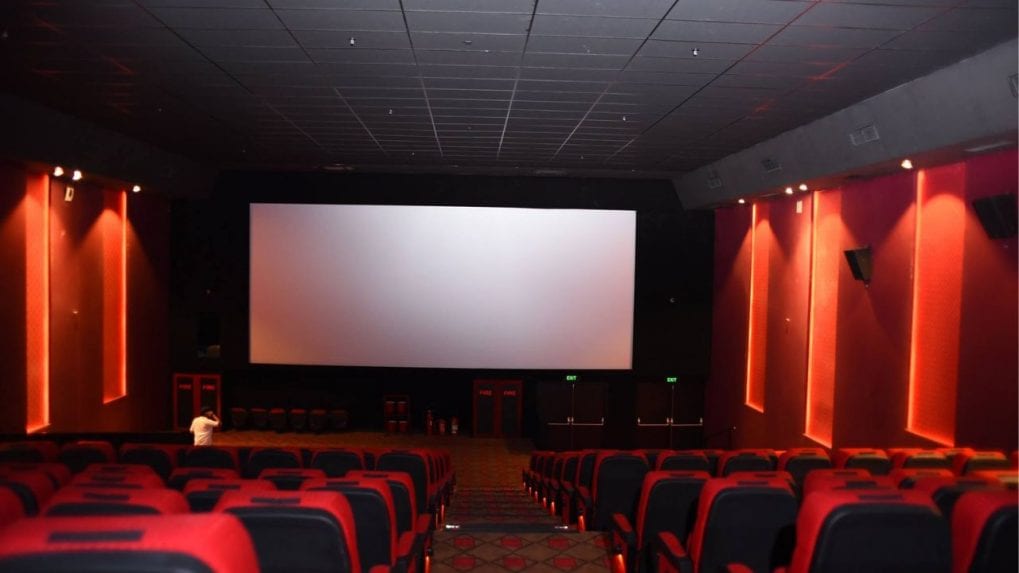Advertising
From Pink Slips to Silent Sidelining: Inside adland’s layoff and anxiety crisis

PVR INOX has taken note of the recent announcement regarding a 100% tariff on films being imported into the United States. The company confirms that this development does not impact its operations or business strategy in any manner.
PVR INOX operates a wide network of theatres across the country, providing audiences with access to the best of Indian and international cinema. Except for one multiplex in Colombo, Sri Lanka, all operations are India-based. The announced U.S. tariffs are applicable only to films entering the American market and therefore have no bearing on PVR INOX’s exhibition business in India or Colombo.
Kamal Gianchandani, Chief Business Planning & Strategy, PVR INOX Ltd., said, “The announced tariffs are applicable only to films being imported into the U.S. market, and therefore have no bearing on our exhibition business in India or Colombo. PVR INOX remains focused on delivering a world-class movie-going experience for our patrons and supporting the growth of the Indian film industry.”
PVR INOX continues to invest in theatre technology, infrastructure and service quality to enhance audience experiences. The company remains committed to promoting Indian cinema and ensuring that films, whether commercial blockbusters or independent productions, reach audiences in the best possible environment.
This development does not change PVR INOX’s strategic vision or its focus on providing high-quality entertainment experiences across its network of theatres. The company will continue to showcase a diverse range of Indian and international films while supporting the growth of the local film industry.
From purpose-driven work and narrative-rich brand films to AI-enabled ideas and creator-led collaborations, the awards reflect the full spectrum of modern creativity.
Read MoreLooking ahead to the close of 2025 and into 2026, Sorrell sees technology platforms as the clear winners. He described them as “nation states in their own right”, with market capitalisations that exceed the GDPs of many countries.